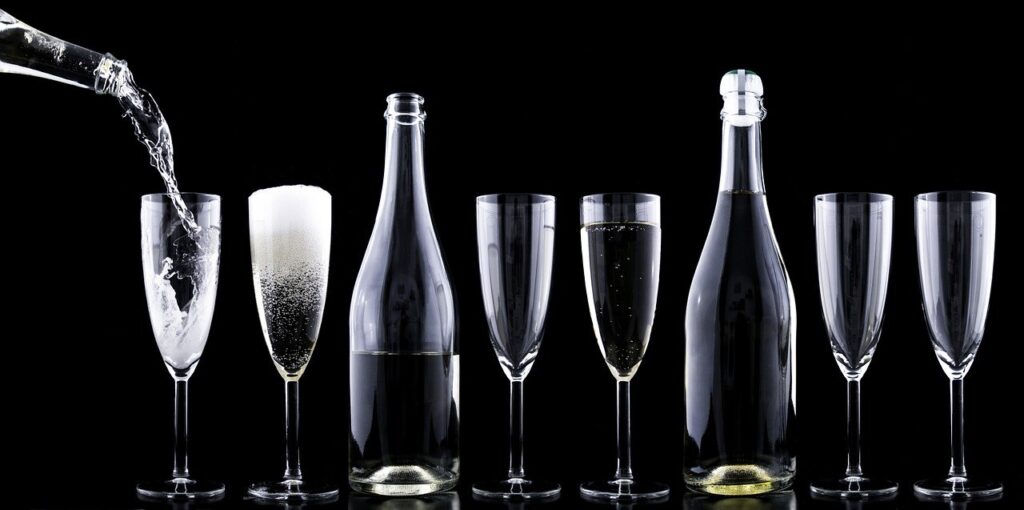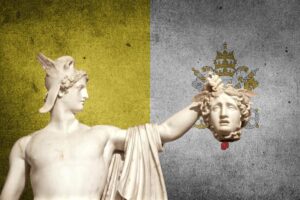Luxury items are frequently – but not always – found at the end-point or ‘integration’ stage of a money-laundering scheme, following the introduction of illegal gains into the financial system and the layering process, whether through offshore accounts or other means. Integration typically involves dirty money locating a home in respectable-looking business investments or blue-chip stock, but high-value luxury goods (such as yachts, jewelry, and aircraft) are often a better resting place for it because they, too, are saleable, confer prestige on their owners, and are a source of pleasure. Any laundry procedure involving high-value commodities will do so if it can avoid the somewhat strictly regulated private banking industry. This is why criminals frequently invest the profits of their crimes in what the anti-money-laundering (AML) sector refers to as ‘high-value commodities.’
.
Luxury Goods and Anti-money Laundering
The United Kingdom, the United States, China, France, Germany, Italy, and Japan have the greatest luxury markets. The global luxury goods market was estimated to be worth €1 trillion in 2015 by consulting firm Bain & Company, with the European Fine Art Fair or TEFAF assessing the art market independently at $63 billion, focused in the United States (43 percent of the total), the United Kingdom (21 percent), China (19 percent), France, Germany, and Switzerland. According to KPMG, luxury goods are products and services that are not essential to fundamental necessities and whose demand increases more proportionately than income growth.
.
Beyond The Threshold
The EU’s sixth anti-money laundering regulation went into effect on 3 December 2020, lessening the reporting threshold for high-value goods traders from €15,000 to €10,000, mirroring the $10,000 requirement for currency transaction reports in the US Bank Secrecy Act 1970. Despite the fact that €10,000 is the amount that the average multi-millionaire would pay on a birthday party for one of his or her kids, Europol considers the sum to be still a very high threshold, given that it is not in line with certain domestic cash payment criteria as low as €1,000. The reason for this is because the EU is the main actor in what the press refers to as “the bankster war on cash.”
According to Europol, cash is still king in the empire of money laundering, but the organization believes that EU nations should also make efforts to prevent alternative ways for criminals to transit deals across borders. Gold, other special metals, and precious stones, as well as high-end watches and jewelry, are among the most valuable.
.
Examples of ‘Integration’ Utilizing Luxury Items
There are several examples of ‘integration’ utilizing luxury items:
- When Ukrainian President Viktor Yanukovych was deposed in 2014, crowds of journalists, activists, and ordinary Ukrainians stormed his country palace, discovering chandeliers in the lavatories, bottles of Cristal, a Fabergé egg, and, ironically, the multimillion-dollar white Steinway piano on which John Lennon sang “imagine no possessions.”.
- The Tunisians toppled the governing Ben Ali family in 2011. Mohammad Sakher el-Materi, President Zine el-Abidine Ben Ali’s son-in-law, was rumored to operate a number of luxury automobile businesses. Citizens discovered his Hammamet beach property to be filled with antique relics, such as Roman columns, frescoes, and a lion’s head from which water spilled into an infinity pool.
. - According to local officials, ‘Operation Car Wash’ in Brazil has also revealed a preference for expensive products among corruption suspects. The Petrobras scandal, named for the state-owned oil corporation at the center of a money-laundering investigation, has resulted in searches on the residences of many senators, deputies, and executives. Last month, authorities discovered large sums of money and fancy automobiles at Sao Paulo and Brasilia locations.
. - In late 2016, Dutch officials confiscated a $120 million superyacht named Ebony Shine, and Swiss authorities seized eleven of the world’s most expensive automobiles, all of which allegedly belonged to Teodorin Obiang, Equatorial Guinea’s vice president who has been charged with corruption in French courts.
.
A centuries-old culture of confidentiality and discretion aids ‘integration’ in the art industry. Buyers and sellers frequently utilize foreign and offshore accounts to conduct transactions and middlemen (typically via telephonic or online auctions) to strike and/or complete deals. The famous Panama Papers leaked by the International Consortium of Investigative Journalists and led to the arrest of the founders of Mossack Fonseca in Panama in February – have revealed numerous cases of high-value art being held through anonymous shell companies to conceal their true owners.
.
December 2021, published on Sanction Scanner






